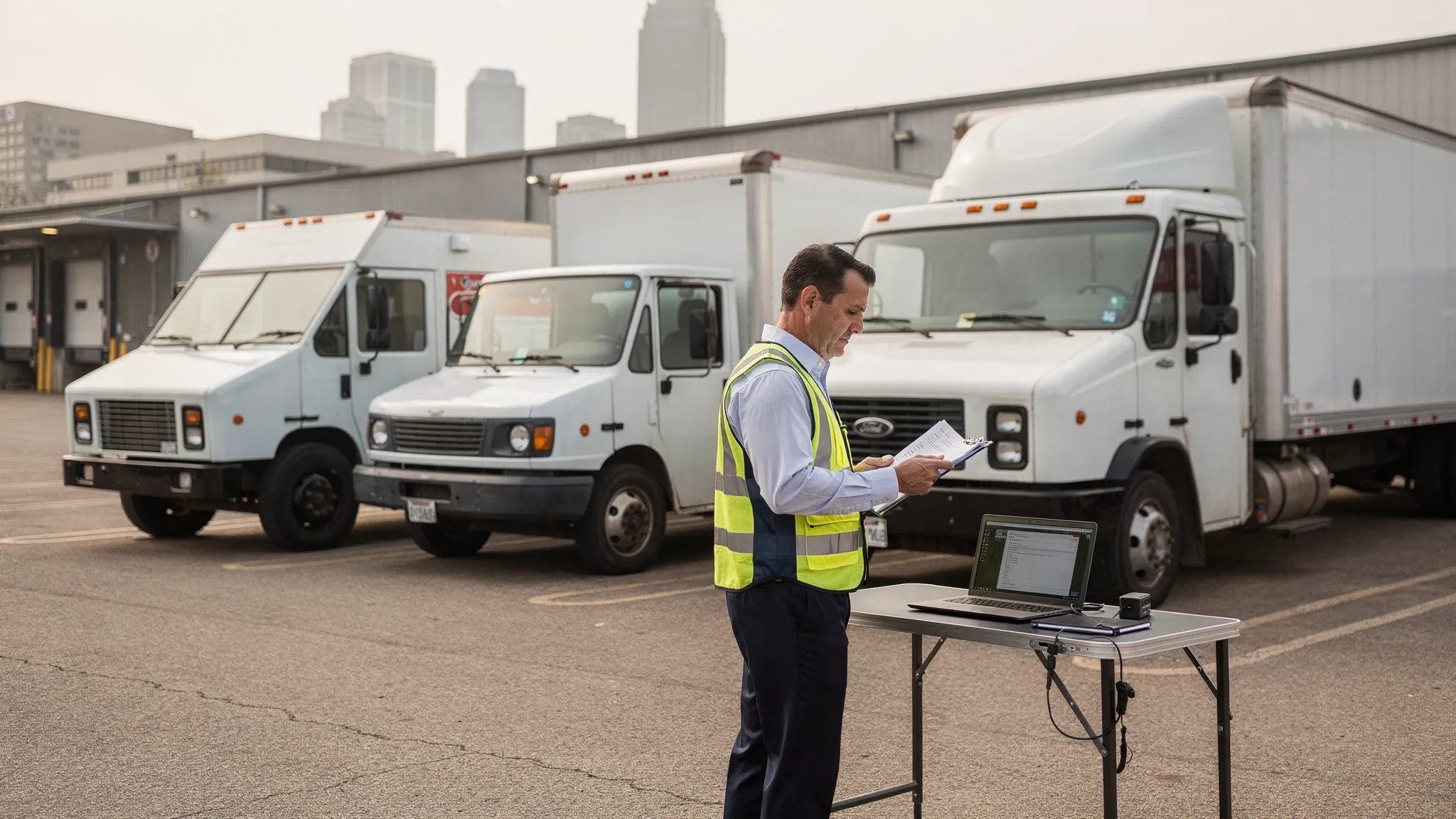Is TIN the Same as EIN? Key IRS Differences
Confused about whether a TIN is the same as an EIN? This guide explains the differences between IRS Tax Identification Numbers, when each one is used, and why businesses filing forms like 2290 typically need an EIN. Understand the key distinctions to avoid filing mistakes and IRS rejections.









